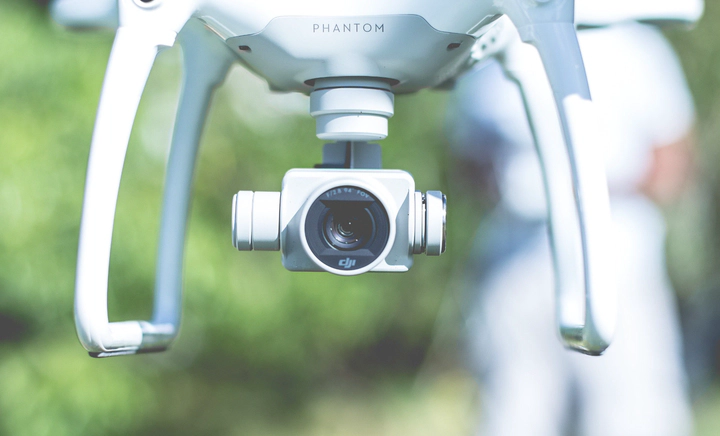CellBiAge: Improved single-cell age classification using data binarization
Dec 26, 2023·,,,, ,,·
0 min read
,,·
0 min read
Doudou Yu
Manlin Li
Guanjie Linghu
Yihuan Hu
Kaitlyn H. Hajdarovic
An Wang 王安
Ritambhara Singh
Ashley E. Webb

Abstract
Aging is a major risk factor for many diseases. Accurate methods for predicting age in specific cell types are essential to understand the heterogeneity of aging and to assess rejuvenation strategies. However, classifying organismal age at single-cell resolution using transcriptomics is challenging due to sparsity and noise.Here, we developed CellBiAge, a robust and easy-to-implement machine learning pipeline, to classify the age of single cells in the mouse brain using single-cell transcriptomics. We show that binarization of gene expression values for the top highly variable genes significantly improved test performance across different models, techniques, sexes, and brain regions, with potential age-related genes identified for model prediction. Additionally, we demonstrate CellBiAge’s ability to capture exercise-induced rejuvenation in neural stem cells. This study provides a broadly applicable approach for robust classification of organismal age of single cells in the mouse brain, which may aid in understanding the aging process and evaluating rejuvenation methods.
Type
Publication
Cell Reports, 42(12)